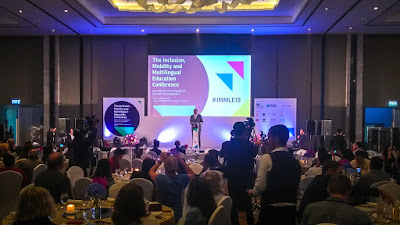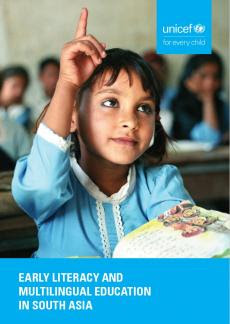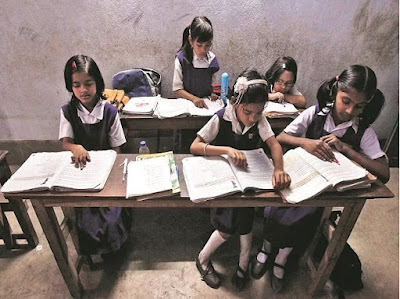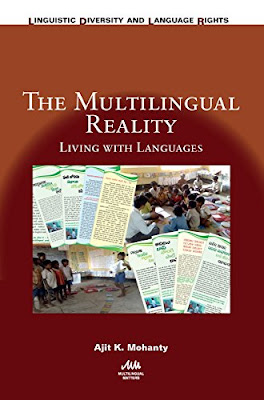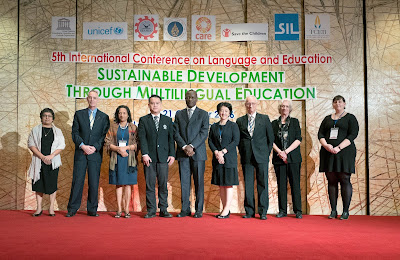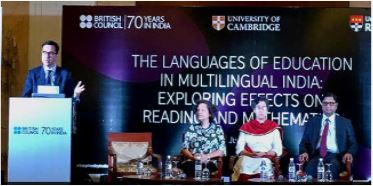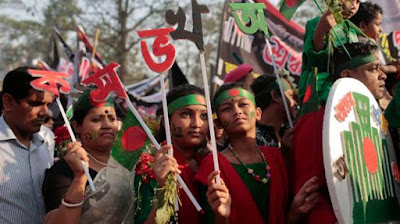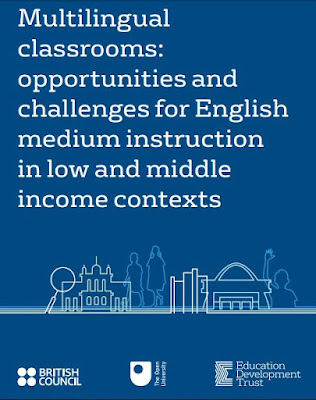5th International Conference on Language and Education will start tomorrow The 5th International Conference on Language and Education will take stock of recent developments in MLE policies and practices in the Asia-Pacific region, with a special focus on multilingual education in early childhood and primary education.There will be several presentations relevant to India . The conference will start tomorrow with opening speeches from UNESCO and the Thai government. The Keynote address will be on " Supporting MTBMLE to achieve sustainable development for all: what have we learned about successful programs? " by Dr Susan Malone (SIL International). Some of the India related presentations are: Prarthana Kumari (Nirantar, India) and Anita Singh (Nirantar, India), Breaking language barriers in India Sivagami Sivasubbu (Aide et Action International, India), Experiences of Aide et Action imparting MLE through teacher training in India Dwiti Vikramaditya (Kali

